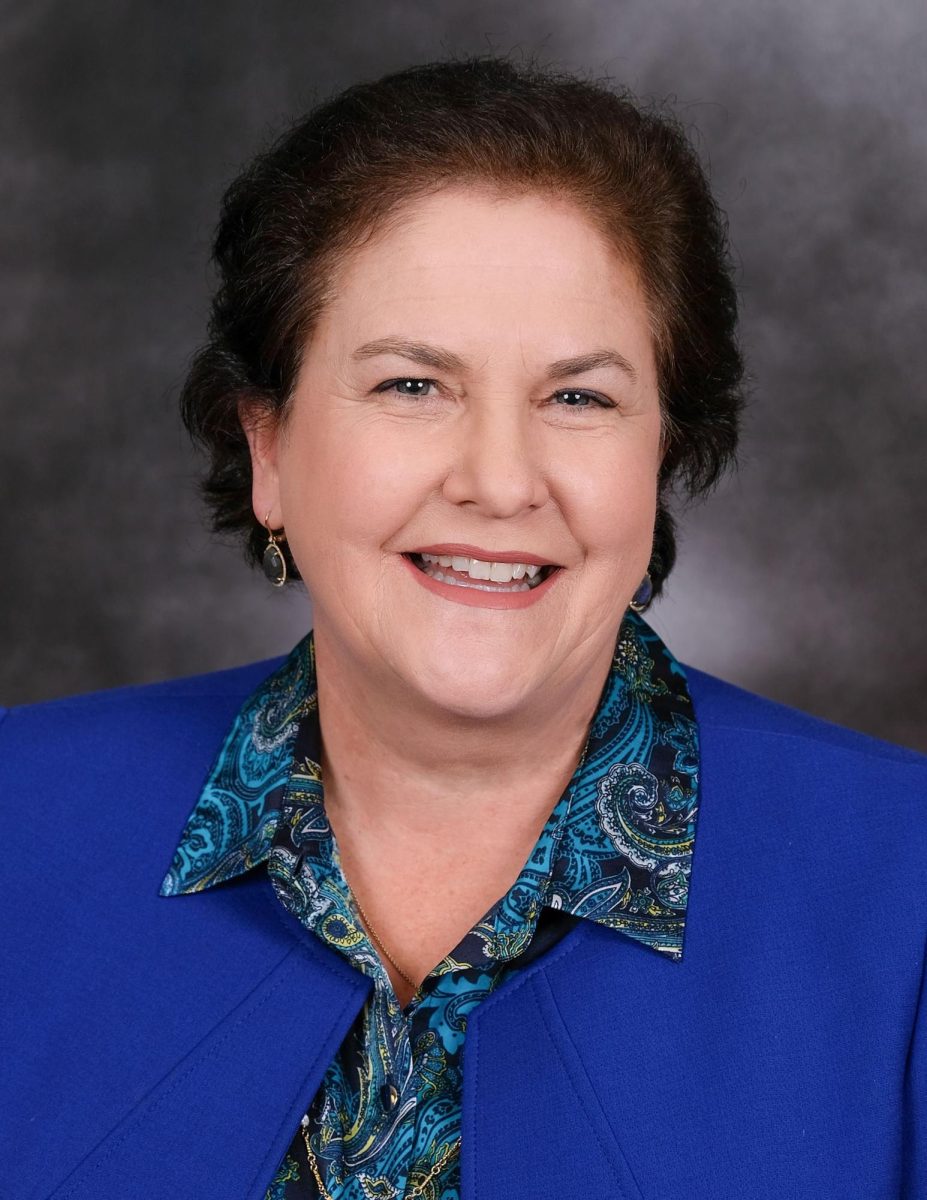Many students may know Ann Tepovich as the AP European History or the AP Economics teacher. What they may not be aware of is that starting in January, Tepovich was selected out of thousands of applicants to receive a fellowship with the Federal Reserve Bank of San Francisco, one of 12 District Federal Reserve banks in the United States.

The Federal Reserve’s mission is to promote low inflation, provide full employment, financial stability and offer services to financial corporations, according to the Federal Reserve Bank of San Francisco’s website.
“[The Reserve] controls interest rates with an idea in mind that they want a certain level of unemployment and inflation in the economy,” Tepovich said. “They protect consumers, monitor banks, making sure they behave properly, and overall they protect your money.”
Tepovich received her undergraduate degree in economics and history from San Francisco State University. She has been teaching high school economics for 22 years, and applied to the fellowship program within the Reserve with the goal of deepening her understanding in a eld in which she already had interest.
“I gained a broader understanding for myself, the role of the Fed, and I’ve been exposed to other big trends that are out there in the economy,” Tepovich said.
Out of thousands that applied to be part of the fellowship, only 20 applicants from the West Coast were accepted.
“Our task is to take this information and make it understandable and accessible for high school students,” Tepovich said. “They give us time and resources that we can provide for Econ students. We give input on their resources, and how to make it interesting to a high school student, because trying to teach this material to high school students is difficult, because they’re not interested in things like interest rates.”
Since Tepovich began her fellowship, she has come to find that there are areas in the current AP Economics course at Redwood where she sees potential for improvement in teaching financial literacy. However, although financial literacy is an important part of economics, it may be deemed too dificult for non AP Economics students.
“There’s already so much content to cover in such a short period of time that the idea of adding something [into the curriculum] about financial literacy is daunting,” said economics teacher Stephen Hart.
Since the financial crisis of 2008, the Federal Reserve has tried to work on transparency due to some people not being informed on how to handle their money, according to Tepovich.
“The average person on the street may not be able to articulate what the Federal Reserve does,” Tepovich said. “Part of the reason we see people with credit card debt, and not having money for retirement is because many schools does have economic classes. The more informed people are, they can make better decisions with their money which goes with the importance of financial literacy.”





